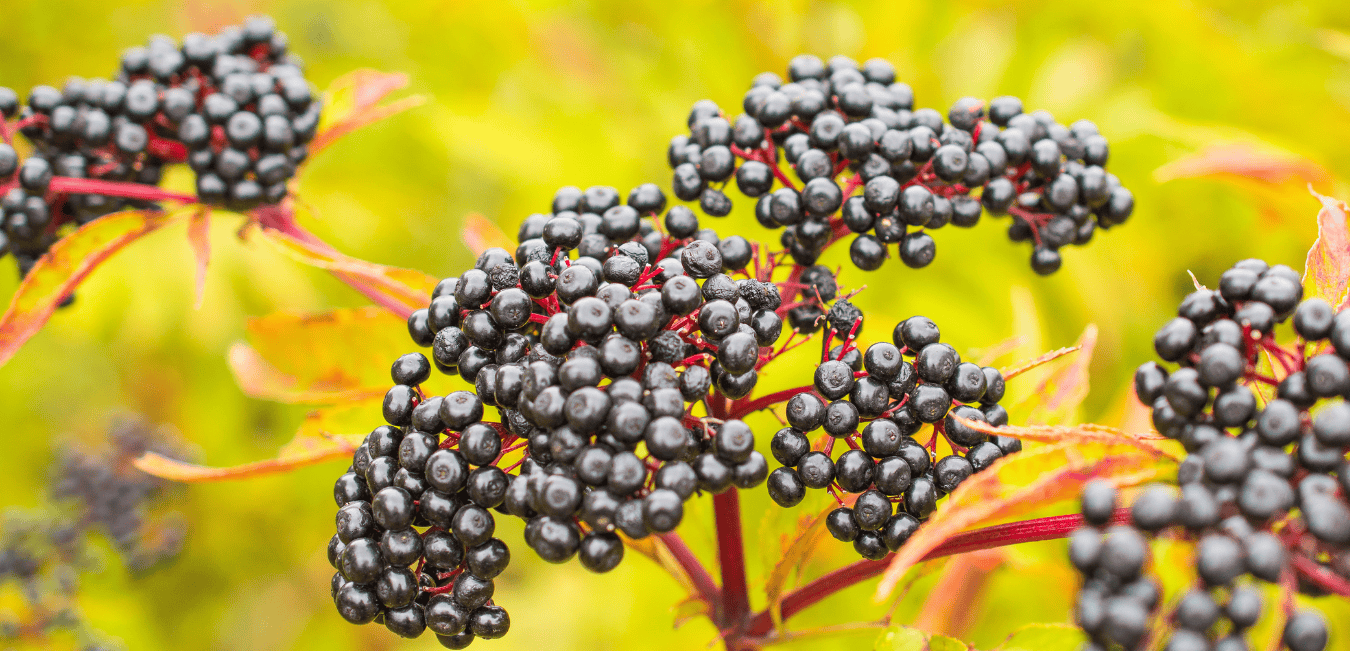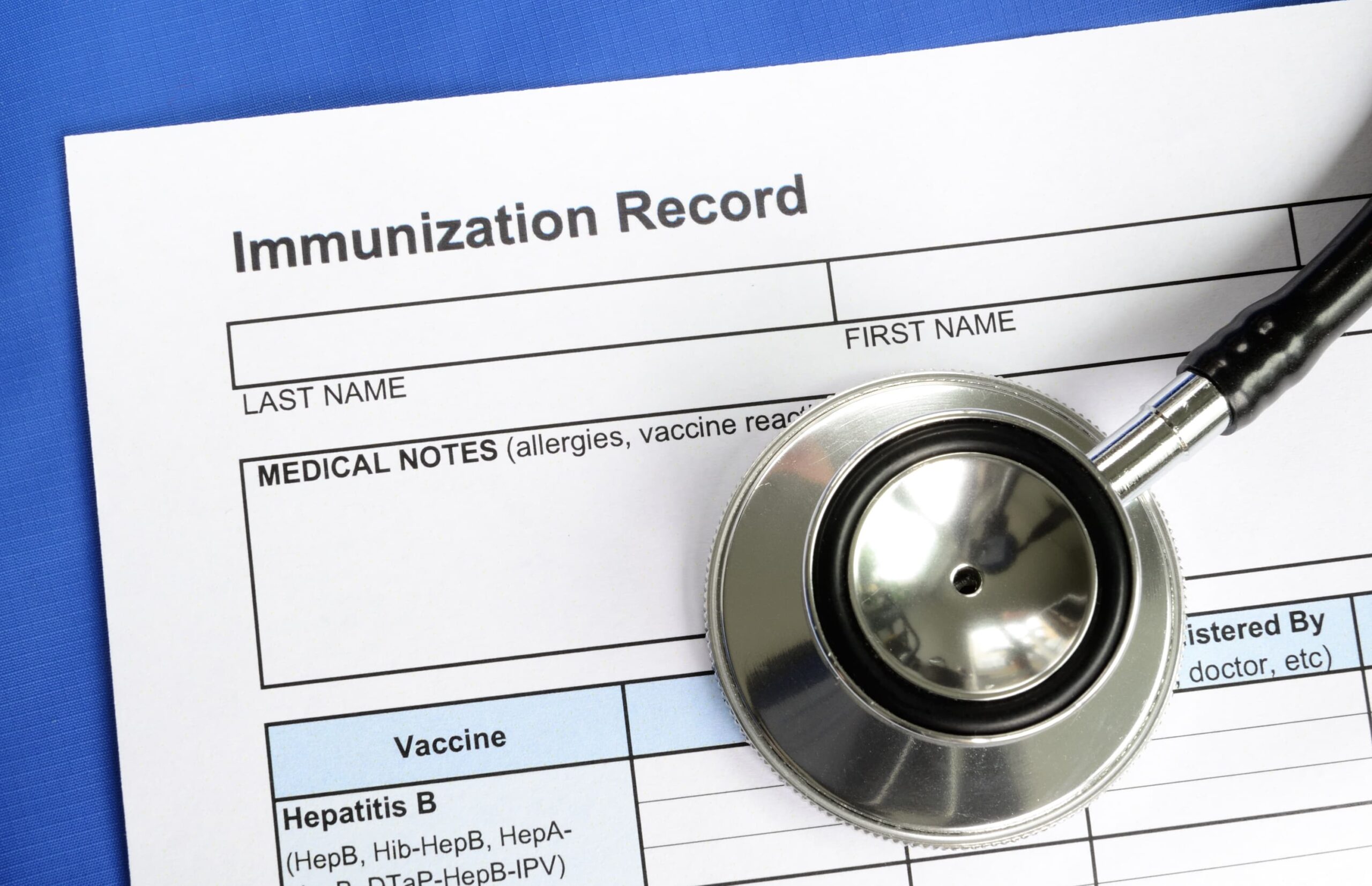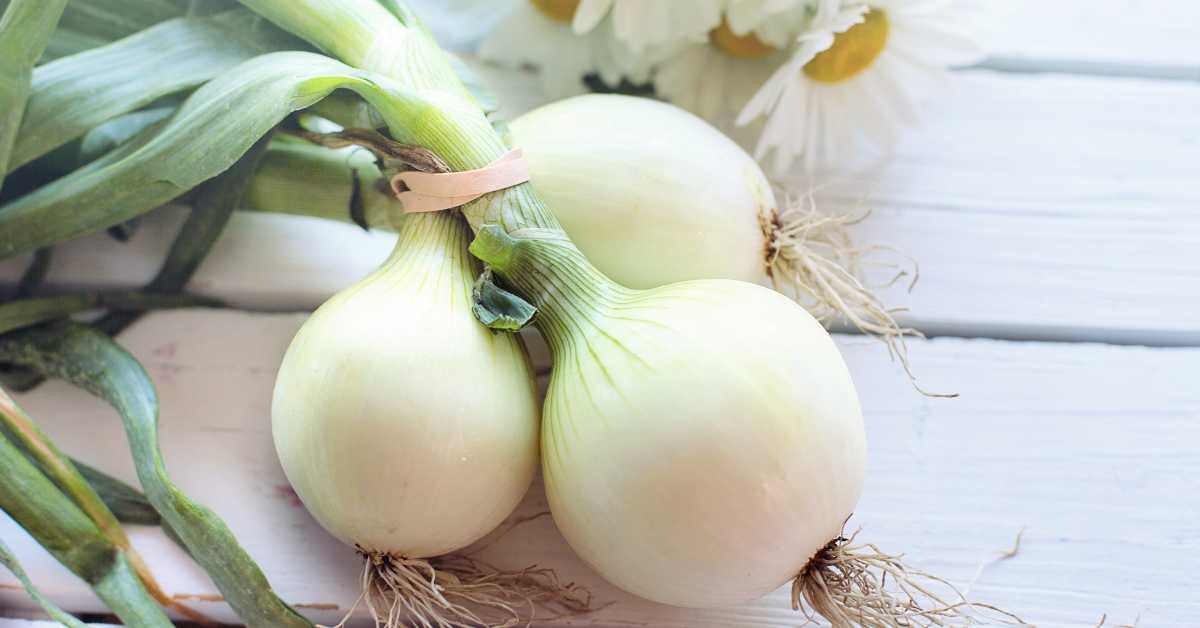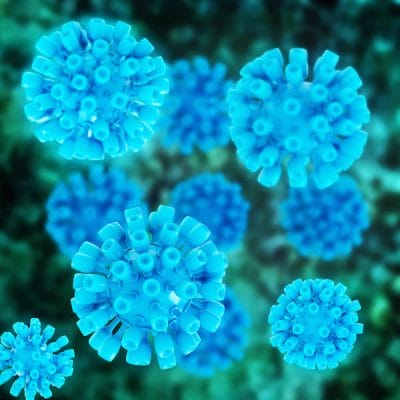If you’re interested in natural health and immunity, you’ve definitely heard the terms immune stimulating and immune modulating on my blog and elsewhere. Knowledge is power, so I’m going to break down what these (and related) terms mean and how they relate to your health. After the definitions, I dive into some of the most asked questions in the Dr. Green Mom community.
Immunity Terms
Immunomodulating
In conventional medicine, medicine that modifies or changes the immune system in some way. In natural medicine, a remedy that balances or regulates the immune response.
Immunostimulating
Medicine that stimulates some part of the immune system. Vaccines are a classic example of an immunostimulating medicine. In herbal medicine, Echinacea is considered both an immunostimulant and immunomodulator.
Immune tonic or immune strengthening
Gentle medicines that provide nutrients that the immune system requires to work optimally. Rose hips, which contain high concentrations of vitamin C, are an immune tonic and immunomodulator.
Immunosuppressive
Medicines that reduce immune function through their therapeutic actions (for example, monoclonal antibodies used to treat autoimmune disorders reduce pathological immune response). Other immunosuppressive medicines, like steroid medications, reduce the strength of the immune system as a side effect.
There’s overlap between the first three categories. For example, echinacea, as mentioned above, is immunomodulating and immunostimulant. Elderberry is considered an immunomodulator and an immune tonic.
Nutrients that act on the immune system, like zinc, selenium, vitamin A, vitamin C, vitamin D, vitamin E, and others are well known immunomodulators.
Elderberry And Cytokine Storms – What Is The Connection?
 Early in the pandemic, there was concern that using elderberry could possibly cause or worsen one of the most serious complications of COVID-19: the cytokine storm.
Early in the pandemic, there was concern that using elderberry could possibly cause or worsen one of the most serious complications of COVID-19: the cytokine storm.
The reason for this caution is that elderberry supplementation can increase the production of some of the pro-inflammatory cytokines that are involved in the cytokine storm.
However, it turns out that the caution was unnecessary, two years into the pandemic and there is still no evidence that elderberry causes or worsens cytokine storms.
Some researchers believe that this is because elderberry supplementation also increases anti-inflammatory cytokines and has an overall immunomodulatory rather than immunostimulating effect.
Can Immunostimulants Like Vaccines Make Allergies Worse?
 Allergies are caused by an overreaction of the immune system to something that isn’t actually a threat whether that’s gluten, a bee sting, grass, or something else.
Allergies are caused by an overreaction of the immune system to something that isn’t actually a threat whether that’s gluten, a bee sting, grass, or something else.
Some people wonder if immunostimulants, like vaccines, can cause or worsen allergies. There are theories that vaccines may cause or worsen allergies. For example, one concern is that injecting the small amount of food particles or aluminum that are present in vaccines may sensitize susceptible people to that food, and they could react in an allergic manner next time they come in contact with it. A second concern is that vaccines may temporarily shift the body into a more allergy prone state.
At present there isn’t solid evidence that vaccines cause allergies, but I go much deeper into the science behind the theories in this blog post about how to reduce your child’s risk of allergies and asthma.
To be extra safe, a well-functioning immune system, supported by specific nutrients, helps the body mount an appropriate immune response to vaccines so that people can get protective antibodies with minimal side effects. My vaccine strategy guide gets into this information, but in my opinion, the most important supplements to support vaccination are: vitamin A, vitamin D, DHA, probiotics, zinc, and vitamin C.
Do You Treat Allergies With Immunosuppressants?
If an allergy is the result of an overactive immune system, then it makes sense to treat it with an immunosuppressive. That is a common strategy in conventional medicine. Desensitization treatment (ie. allergy shots) is considered an immunosuppressive treatment.
The use of corticosteroid medications to treat allergic diseases like eczema and asthma are generally thought to work because these steroids are potent anti-inflammatories, rather than their immunosuppressive activity.
Can Allergies Be Treated With Immunomodulating Natural Remedies?
Bringing balance to the immune system is the integrative medicine strategy for treating allergic diseases.
Many medicinal mushrooms, especially cordyceps, poria cocos, and mesima, have the capacity to balance the immune system, and there is growing evidence that they can treat allergic disease.
Why Is Caution Recommended With Elderberry And Other Immunostimulants In Autoimmune Conditions?
Autoimmune conditions vary from person to person, and even from year to year within the same person. Sometimes an immunostimulant will have a negative effect on autoimmunity and sometimes it won’t.
Estrogens can be an immunosuppressive and an immunostimulant, and they have variable effects on autoimmune disorders. This is one of the reasons that immune conditions might vary with the menstrual cycle and change during pregnancy and menopause.
Echinacea has been associated with flare-ups of autoimmune conditions in case reports; though there haven’t been any larger studies done that I’m aware of. In practice, I’ve seen echinacea worsen autoimmune conditions on rare occasions; though many people tolerate it just fine.
I wasn’t able to find any reports of elderberry worsening autoimmunity. This seems more like a theoretical caution.
In general, naturopathic doctors usually recommend immunomodulators and immune tonics, rather than immunostimulants, to people with autoimmune conditions, but this can change on a case by case basis.
Why Is Caution Recommended With Immune Boosting Herbs And Immunosuppressive Medications?
Immunosuppressive medications work by suppressing some part of the immune response, or they suppress the immune response as a side effect.
If immune suppression is the therapeutic action of a medication, then taking an immunostimulant or immunomodulator may make that medication less effective.
Always get a doctor’s advice before taking any supplements alongside immunosuppressive medication.
Summary
- Many natural and pharmaceutical medicines act on the immune system. Immunostimulants increase some aspects of the immune system.
- Immunomodulators balance the immune system either by working on multiple parts of the immune system or by increasing the activity of regulatory parts of the immune system.
- Immune tonics strengthen the immune system, usually by providing essential nutrients.
- Immunosuppressants downregulate some aspects of the immune system either as a therapeutic action or as a side effect.
- There are theories, but not concrete evidence, that elderberries can cause cytokine storms.
- There are theories, but not concrete evidence, that immunostimulants, like vaccines, can worsen allergies.
- There is some evidence that immunostimulants, like estrogen and echinacea, can cause or worsen flares of autoimmune conditions.
- Medicines that act on the immune system can make immunosuppressants work less effectively and should be used with caution under the guidance of a doctor.
References:
How Do Immunostimulants Work? – Uses, Side Effects, Drug Names
Immunomodulatory drugs: Oral and systemic adverse effects
Immunomodulator definition and meaning | Collins English Dictionary
Immunomodulators | The Naturopathic Herbalist
Immune Modulation From Five Major Mushrooms: Application to Integrative Oncology
Immunomodulatory activities of proteins from Astragalus membranaceus waste
Activation of autoimmunity following use of immunostimulatory herbal supplements
Rose Hips: Generic, Uses, Side Effects, Dosages, Interactions, Warnings
Elderberry for prevention and treatment of viral respiratory illnesses: a systematic review
Glucocorticoid effects on the immune system
https://link.springer.com/article/10.1007%2Fs12016-010-8199-x
Immunology and the menstrual cycle
[Post-vaccination granulomas caused by delayed-type reaction to aluminum salts]









